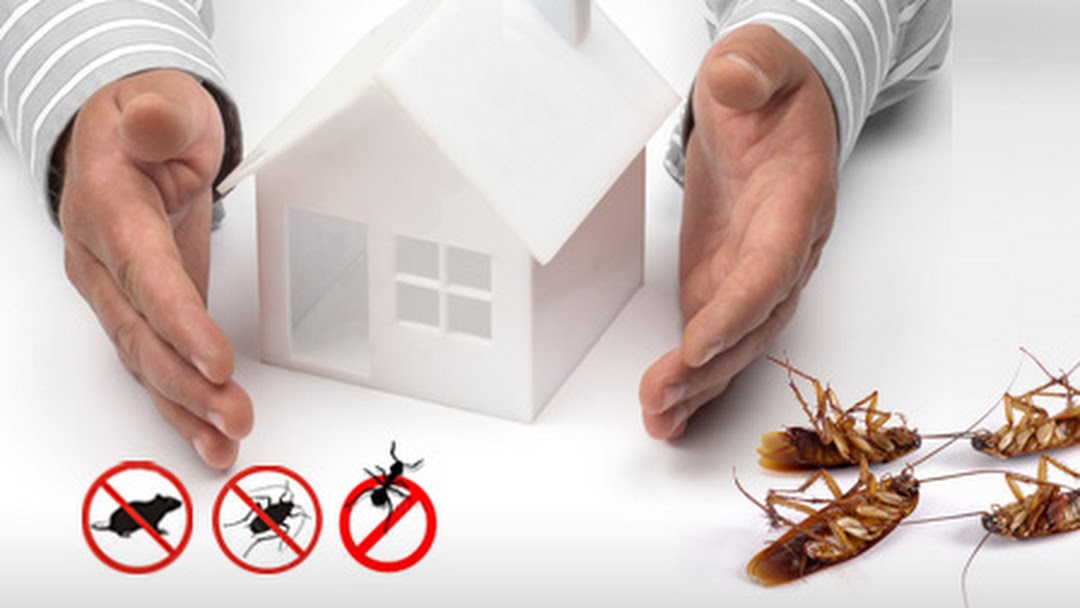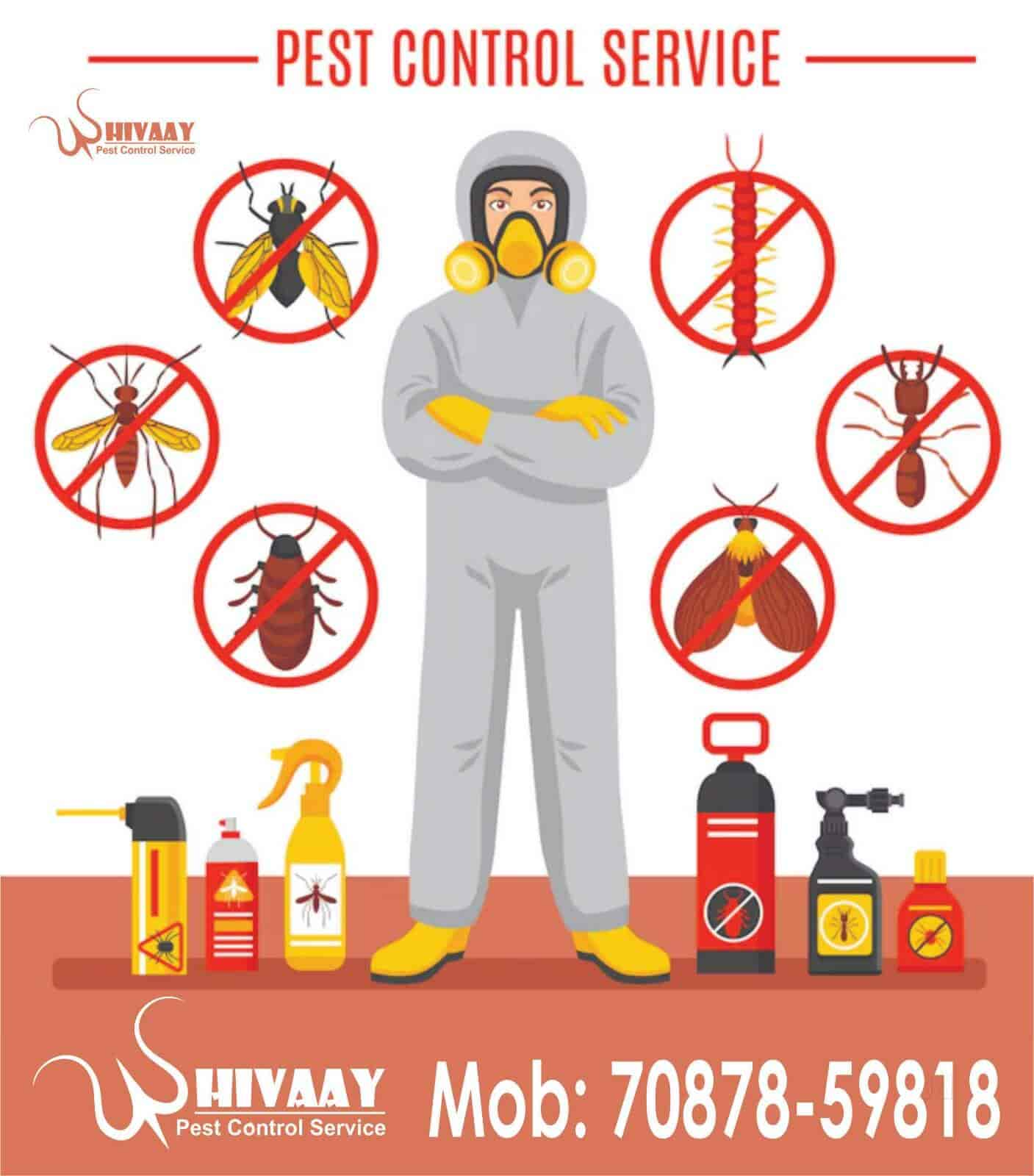Safe and Dependable Parasite Control for Lasting Protection
Reliable parasite monitoring calls for a complex approach that stabilizes ecological honesty with the demand for reliable pest reductions. The subtleties of these techniques may not be quickly clear, prompting a closer assessment of the practices that can lead to sustainable bug control end results.
Understanding Parasite Control Methods
Insect control encompasses a variety of methods targeted at managing and eliminating unwanted pests and rats that can endanger both health and property. Understanding these approaches is critical for reliable pest administration.
The key groups of bug control methods consist of mechanical, biological, and chemical strategies. Mechanical techniques entail physical barriers and catches to avoid parasite entrance and capture undesirable types. For circumstances, utilizing displays on windows or using sticky traps can dramatically decrease parasite populations without presenting damaging materials.

Chemical pest control is usually the most acknowledged method, using chemicals to eliminate pests. These chemicals can be efficient but need to be utilized with caution to prevent damaging results on non-target varieties and the setting.
Advantages of Eco-Friendly Solutions
Just how can eco-friendly services transform pest control practices? The adoption of environmentally friendly insect control methods provides numerous benefits, significantly improving the effectiveness and security of pest monitoring (exterminator coquitlam). These remedies make use of natural ingredients, reducing the dependence on dangerous chemicals that can position threats to human wellness and the atmosphere. This change not just safeguards family members and pet dogs but additionally reduces the potential for dirt and water contamination.

Another benefit is the favorable effect on regional biodiversity. Environmentally friendly options are made to target particular bugs while maintaining beneficial insects and wildlife, advertising a well balanced ecosystem. This approach aligns with the growing consumer need for lasting practices, improving the track record of parasite control suppliers.
Integrated Pest Management Approaches
The execution of eco-friendly solutions naturally results in the fostering of Integrated Parasite Management (IPM) techniques, which additionally improve bug control efficacy. IPM is a holistic approach that incorporates numerous methods to handle bug populations while reducing environmental influence. This approach stresses using biological, cultural, mechanical, and chemical controls, ensuring a well balanced and lasting method of parasite administration.
One essential aspect of IPM is the extensive assessment of insect task and ecological conditions. By keeping an eye on bug populaces and determining their life cycles, experts can carry out targeted interventions that disrupt the bug's habitat or lifecycle, lowering dependence on chemical pesticides. Additionally, social methods such as plant turning and habitat adjustment can dramatically decrease pest facility and reproduction.
An additional important organic pest control companies element is using organic control agents, such as helpful insects or microbes, which can naturally reduce pest populaces. When chemical applications are essential, IPM prioritizes the use of low-risk chemicals and uses them precisely, minimizing direct exposure to non-target microorganisms and people.
Integrating IPM techniques not only improves pest control performance but likewise promotes a much safer ecosystem, lining up with the expanding demand for sustainable techniques in pest administration.
Safe Practices for Homeowners
Comprehending the importance of risk-free practices in insect control can encourage homeowners to successfully take care of pest problems while guarding their health and the environment. Applying non-toxic methods and safety nets is crucial in decreasing exposure to damaging chemicals.
Homeowners should initially analyze their setting for problems that draw in insects, such as standing mess, water, and food waste. Routinely cleaning and securing entrance points can deter parasites from attacking the home. Making use of natural deterrents, such as find this important oils or diatomaceous earth, can give reliable options to chemical pesticides.
When chemical treatments are essential, house owners ought to go with products that are especially classified as risk-free for household use. It is crucial to comply with application guidelines diligently to prevent overexposure. Utilizing targeted treatments in locations where pests are recognized, rather than covering spraying, can dramatically decrease chemical usage.
Finally, maintaining open interaction with pest control experts is important. Home owners ought to make inquiries regarding the safety and security of products made use of and demand green options whenever feasible. By adopting these risk-free practices, house owners can create a much healthier living environment while successfully managing bug issues.

Tips for Long-Term Protection
Developing an insect management method that highlights lasting security can greatly boost the efficiency of the safe techniques previously discussed. To attain this, property owners must execute normal evaluations of their building, concentrating on hidden locations such as attic rooms, basements, and crawl rooms. Early discovery of insect task is crucial in protecting against infestations from taking hold.
These methods decrease attractants that draw parasites right into the home. Sealing entry factors, such as fractures around windows and doors, can effectively obstruct possible bug gain access to.
Landscaping should also be considered; maintaining plants trimmed and keeping a distance in between plants and the home reduces concealing areas for pests. Using natural deterrents, such as crucial oils or you could try this out diatomaceous earth, can further prevent infestations without considering severe chemicals.
Last but not least, working together with a professional bug control service for regular evaluations can supply an extra layer of security. These professionals can offer tailored referrals and advanced treatments, making certain that your home stays shielded against bugs in the lengthy term.
Conclusion
To conclude, safe and trustworthy parasite control requires a diverse strategy that highlights green methods and integrated bug monitoring. By implementing natural deterrents, carrying out normal inspections, and maintaining appropriate hygiene, home proprietors can dramatically reduce insect populations while securing helpful pests and the setting. Collaboration with professional pest control services enhances the effectiveness of these techniques, guaranteeing tailored services that provide long lasting security and tranquility of mind against future problems.
Reliable parasite monitoring calls for a complex technique that stabilizes environmental stability with the need for effective pest reductions. The fostering of eco-friendly parasite control approaches supplies many benefits, considerably enhancing the effectiveness and safety and security of parasite administration.The application of environmentally friendly solutions normally leads to the fostering of Integrated Insect Management (IPM) approaches, which additionally improve bug control effectiveness. exterminator coquitlam. By keeping an eye on insect populaces and recognizing their life cycles, professionals can execute targeted treatments that interfere with the insect's environment or lifecycle, decreasing dependence on chemical pesticides.In final thought, safe and reliable pest control calls for a diverse approach that highlights environmentally friendly approaches and integrated parasite administration